The Brazilian Amazon recorded 13,489 wildfires in the first half of the year, the worst figure in 20 years, according to satellite data.
The total was up more than 61 percent compared to the same period last year -- an increase that experts say is the result of a historic drought that struck the world's largest tropical rainforest last year.
Since Brazil's National Institute for Space Research (INPE) began compiling records in 1998, only two other years experienced more wildfires from January through June: 2003 (17,143) and 2004 (17,340).
The data makes for difficult news for the government of President Luiz Inacio Lula da Silva, with the number of fires increasing even as deforestation in the Amazon -- which helps reduce global warming by absorbing carbon dioxide -- is on the wane.
According to INPE data, the surface area subject to deforestation decreased 42 percent from January 1 to June 21, as compared with the same period in 2023.
Lula has pledged to put a stop to illegal deforestation of the Amazon by 2030. The practice had dramatically worsened under his far-right predecessor Jair Bolsonaro.
For Romulo Batista, the spokesman of the Brazilian branch of Greenpeace, "climate change is contributing" to the increase in the number of wildfires.
Batista explained to AFP that most of Brazil's biomes, or distinct natural regions, are under stress due to a lack of precipitation.
"The environment is drier, and thus vegetation is more dried out and more vulnerable to fires," he said.
But he said most of the wildfires were likely not spontaneous, such as being sparked by lightning, but instead caused by human activity -- especially the use of agricultural burning.
Wildfires also set January-June records in two other biodiverse ecosystems south of the Amazon: the Pantanal, one of the world's largest tropical wetlands, and the Cerrado savanna, which lies mainly in Brazil.
In the Pantanal, home to millions of caimans, parrots, giant otters and the world's highest density of jaguars, 3,538 wildfires were recorded in the first six months of 2024 -- an increase of more than 2,000 percent as compared with last year.
The total is also up 40 percent as compared with 2020, the record-setting year in that region.
In June alone, 2,639 fires were detected -- six times the highest number ever recorded. In recent days, residents of the Pantanal have seen a red-tinged sky and clouds of smoke due to the blazes.
The situation is worrisome as the height of the wildfires season is normally in the second half of the year, especially in September, when weather is at its most dry.
Mato Grosso state, where much of the Pantanal is located, declared a state of emergency last week, and authorities announced that firefighters would be dispatched from other regions to help battle the flames.
The Cerrado -- one of Earth's three great savannas, along with Africa's and Australia's -- experienced 13,229 fires from January through June, almost as many as the Amazon.
The Cerrado covers a region the size of France, Germany, Italy, Spain and Britain combined.
© 2024 AFP
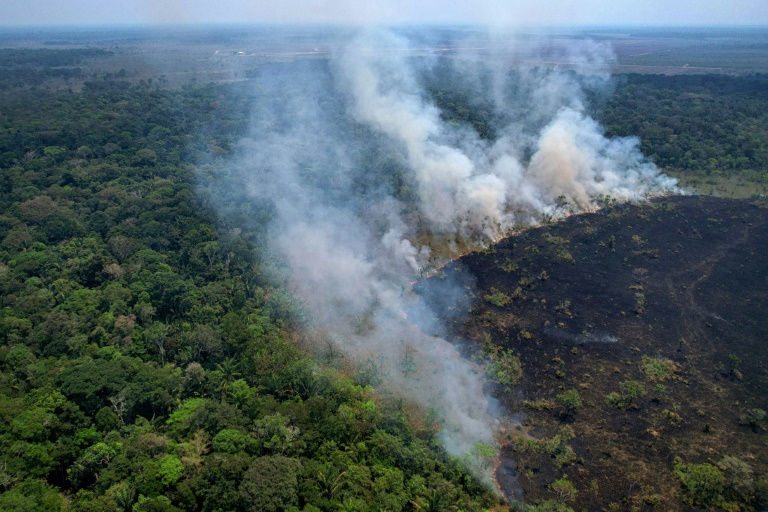


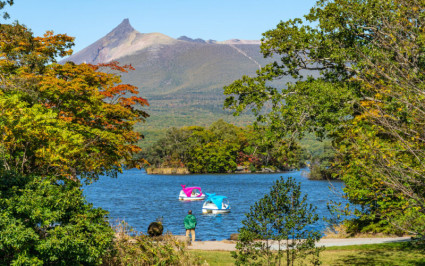


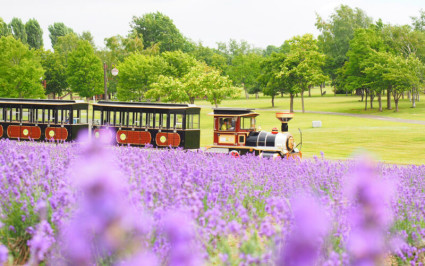

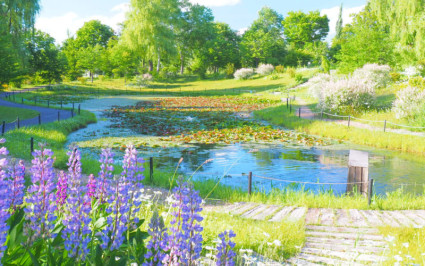
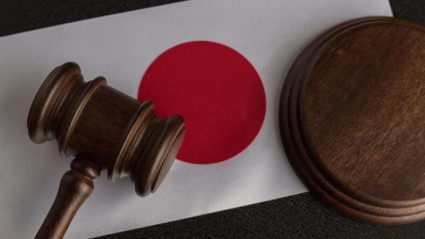


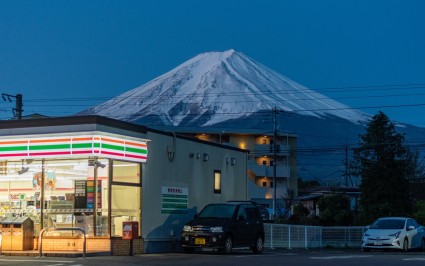

9 Comments
Login to comment
Moonraker
Depressing news. Maybe someone will say it is because they don't clear the undergrowth of dry tinder, due to lefty policy, or something.
gcFd1
only two other years experienced more wildfires from January through June: 2003 (17,143) and 2004 (17,340).
Glad the worst is over
/dev/random
As the article explains, "the worst" is literally happening right now.
If you have trouble with reading comprehension, there are news websites in simple English.
zibala
The Brazilian Amazon recorded 13,489 wildfires in the first half of the year, the worst figure in 20 years, according to satellite data.
A figure well below what was recorded 20 years ago.
But what can you say about the Mother Nature?
/dev/random
Sure, but why bother? You said it's a runaway cycle and the end is very near.
餓死鬼
Please elaborate. How easy is it?
NB
Solar electricity is now cheaper than electricity produced from carbon. EVs are much more worthwhile than petroleum weagons.
virusrex
That is very easy, you can say it is not the cause of the increase in the frequency and potency of the disasters, that has been proved to be an effect of human activity derived climate change.
NB
Wild fires are not good.